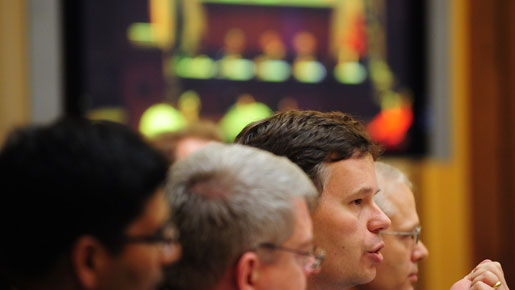
Romania has met IMF and EU conditions for continuing its €20bn bailout
programme, offering some reassurance to investors concerned about the
country’s deep and prolonged recession.
IMF mission chief Jeffrey Franks has said no major policy changes were
needed after the latest review of Romania, which has slashed public
spending including wages and raised value added tax to comply with
the terms of the deal.
Romania’s economy contracted more than seven percent last year and is still mired
in recession and dependent on the bailout deal, which includes aid from
the IMF, EU and World Bank.
“They have a bit more lenient attitude, probably seeking to offer backing to the
government’s measures,” said ING economist Vlad Muscalu.
“However, the next review is going to be harder … They will need to assess the
VAT impact and new developments on the political scene (may emerge).”
Bucharest is struggling to bring its deficit down and needs IMF backing to
maintain investor confidence as it seeks to persuade borrowers to accept
lower returns on its sovereign debt.
The leu currency and stocks plunged when the bailout deal was put on hold
in June pending spending cuts and tax hikes.
The currency was little changed on the news, which had been widely
expected by economists.
The dangers of squabbling with the IMF were also shown by neighbouring
Hungary, where asset prices were dented in July when the government
broke off talks with its international lenders and rejected budget
austerity.

